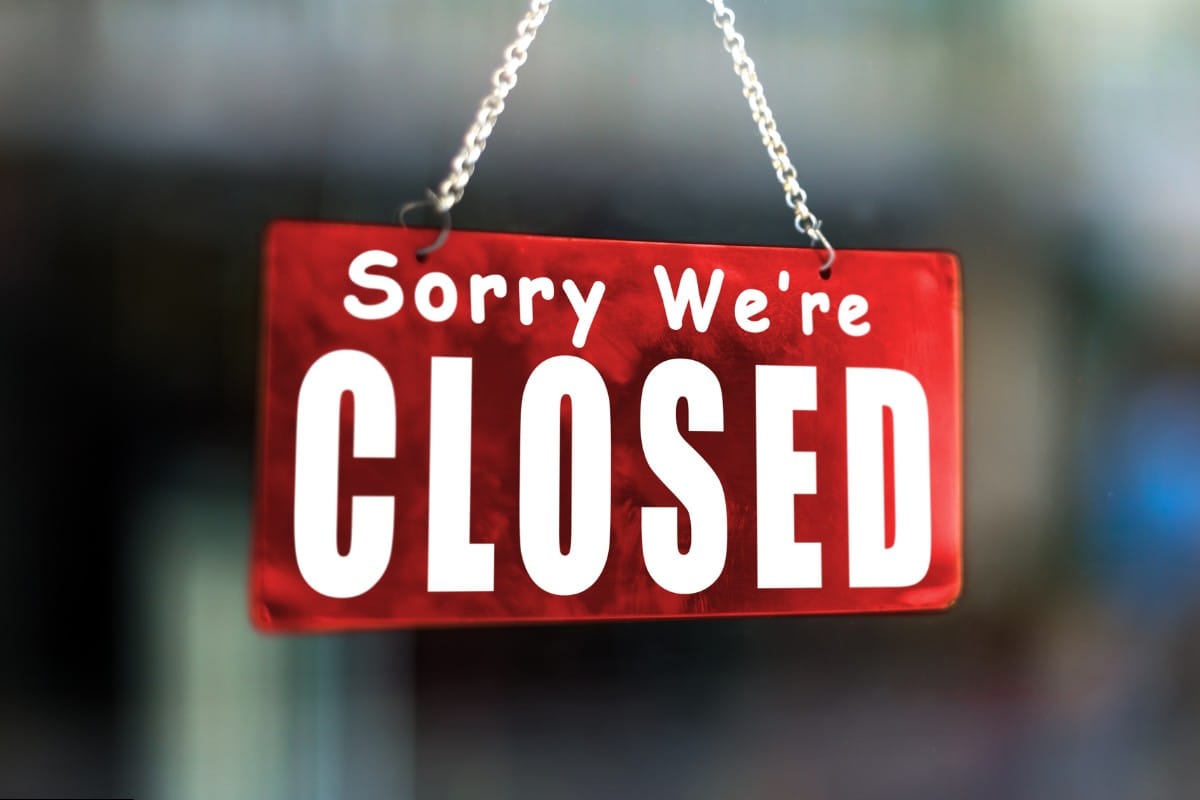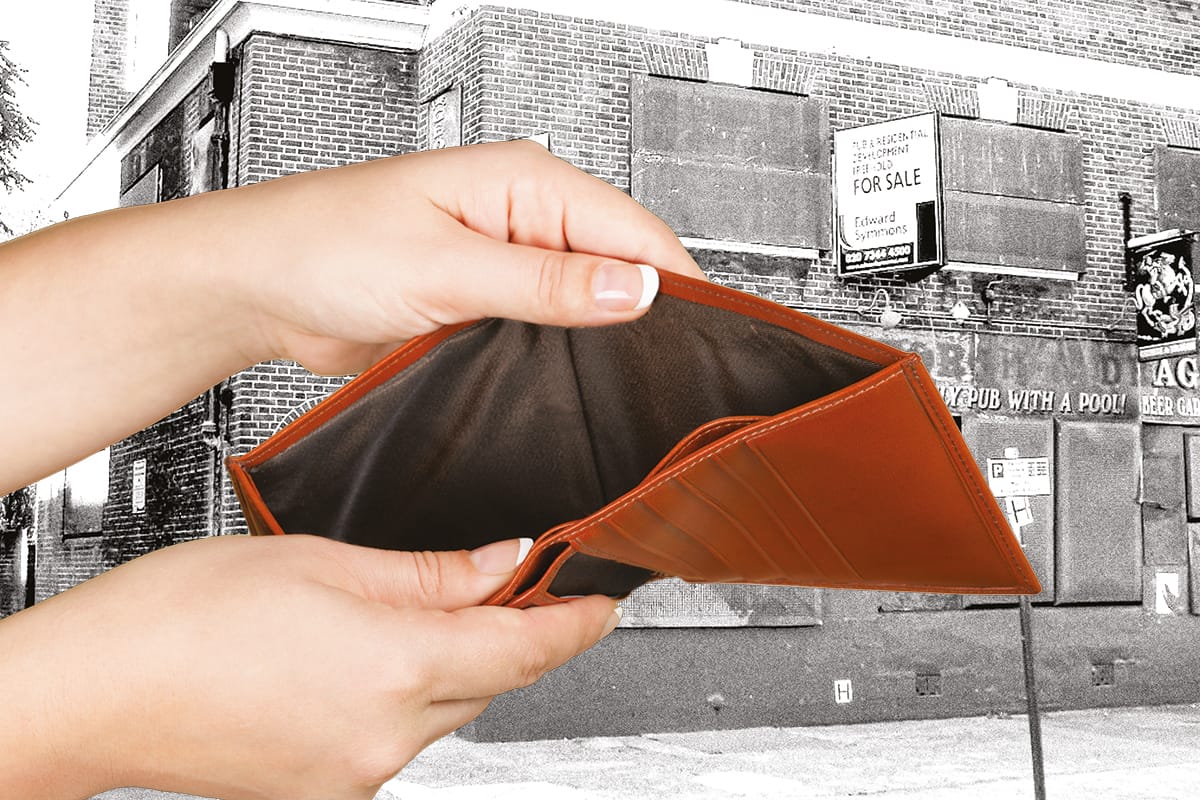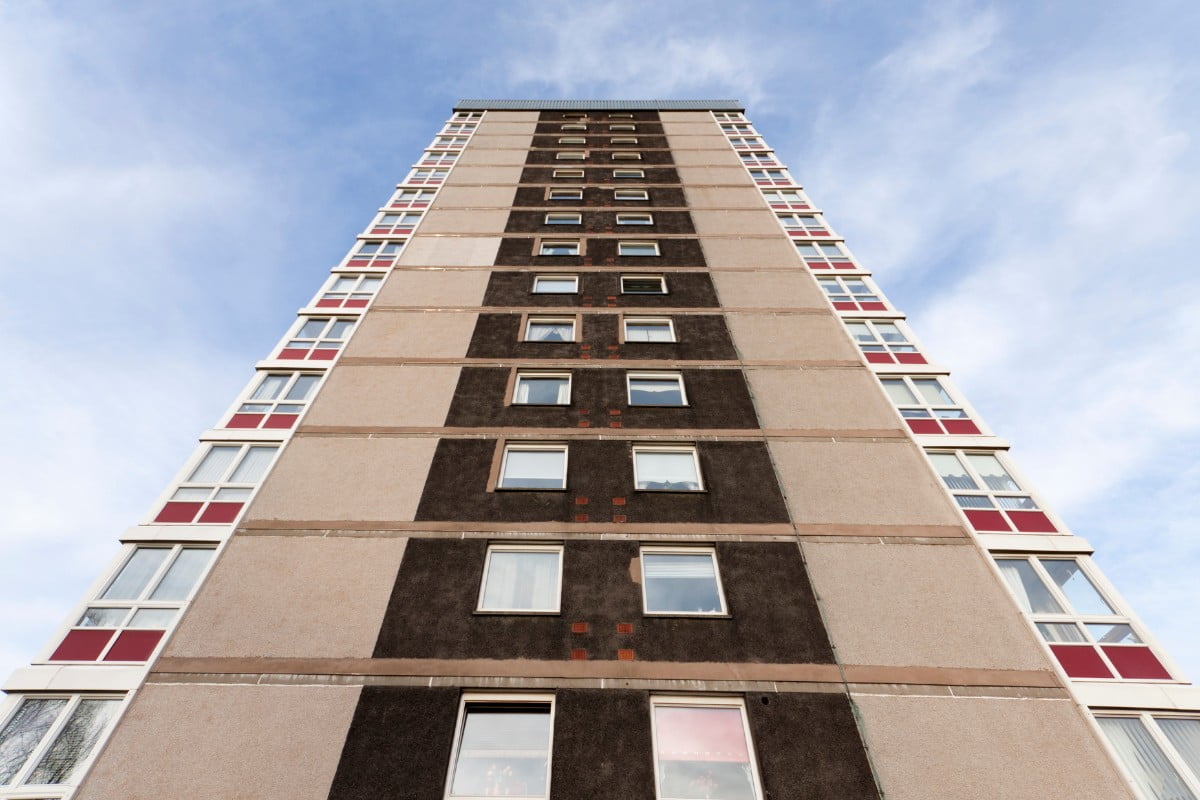Young people and financial pressure: Debts, depression, and social alienation
Aaron Spoard, City University
As young people go to university, they begin to become more – if not fully – independent.
Now more than ever, however, this ‘independence’ means little more than suffering the impacts of an ongoing cost-of-living crisis and other financial pressures.
As a result, for many, the idea of a decent social life or carefree existence has become a pipedream.
Stretched thin
In an effort to encourage consumption, businesses often throw various discounts at financially precarious young people. Nevertheless, rising living costs have left students’ budgets stretched thinner than ever.
The All-Party Parliamentary Group for Students has found that six-in-ten of those in receipt of student loans say that this support doesn’t even cover necessities.
I know people who are studying away from home, for example, who have not even been given enough student finance to cover their rent across the year.
This has a detrimental effect on students’ education and wellbeing. Time that should be spent studying or socialising is instead taken up with work, just to afford the basics.
Mountain of debt
According to one survey, in 2023, the cost of living was the foremost concern among young people. And how could it not be, given these conditions we face.
To add insult to injury, Starmer’s government has recently decided to raise university fees, leaving an already economically-vulnerable demographic in increased debt.
These changes will adversely affect those from working-class backgrounds, who cannot rely on financial support from their family.
Already, many can barely afford to take on the debt that going to university entails. And as this economic pressure intensifies, more young people may be priced out of higher education altogether.
Hospitality hit
Across the world, Gen Zs are cutting back on going out. In Britain, one-in-three is socialising less.
It’s no coincidence that this coincides with stagnation in the economy. (From July to September, UK GDP rose by a measly 0.1 percent.)
The hospitality and entertainment sector plays a key role in the British economy. Overall, the hospitality industry is the third largest employer in the country, with 3.5 million people working in pubs, clubs, restaurants, and so on.
As young people cut back on going out, therefore, businesses are also reporting difficulties.

Students may still be able to go to the occasional concert or festival, often as a present or treat. But there are few with the disposable income for ordinary nights out.
This is financially damaging the hospitality industry. One senior operating manager at a prominent London club has noted that last year was one of the toughest years for the capital’s nightlife sector.
More broadly, eating out in restaurants is increasingly regarded as a luxury – one that many have to go without.
40 percent of independent hospitality businesses have reported a recent drop in bookings – more than in previous years, and no doubt due to the cost of living.
As 2024 comes to an end, with Christmas parties approaching, there is a serious worry that this typically busy time of the year for pubs, clubs, and other venues may not be very festive this winter.
Isolation and loneliness
While businesses are losing customers, students are losing their social lives.
This could have serious, lasting effects on the younger generation, who are becoming increasingly isolated.
University is typically a place for young people to make friends. However, if they have to spend that time working to support themselves, or are unable to afford to go out, they may lose the chance to form these vital friendships.

Already, a rising mental health crisis plagues young people. And these financial stresses will only worsen the sense of alienation and loneliness.
One-in-three 18-to-24 year-olds now report symptoms indicating that they have experienced a common mental health problem, such as depression or anxiety disorder. And 40 percent of people aged 16-24 have reported feeling lonely.
So much for university being the “best years of your life”.
Other studies have shown that a lack of socialising can have adverse effects on an individual’s physical health later in life. After all, we – as humans – are inherently social beings, continually seeking out connections with one another.
Yet, for some time now, the crises inherent within capitalism have been isolating us. And this trend is only getting worse.
Boom – the sound of culture being crushed
Owen Rees Hattersley, Leeds
I just found out that the music venue Boom in Leeds will be forced to shut its doors in March next year. This is so the site can be redeveloped into flats and shops, which (owing to the venue’s central location) we can be sure will fetch a high price.
Over the years, Boom has served as more than just a venue. It has been the heart of the vibrant underground punk and hardcore scene in the city.
Unfortunately, this little matters to the landlords and bosses, who are determined to squeeze as much profit as they can out of Britain’s struggling high streets, to the detriment of art and culture.
The Music Venue Trust estimates that Labour’s recent Budget puts 350 grassroots venues at risk. This is on top of the mountain of independent establishments forced to close their doors during the pandemic, due to various financial pressures.
Independent art and culture is something that the capitalist class aren’t willing or able to afford.
Only when bands and venues don’t have to worry about the landlords knocking on the door will music and culture be able to flourish.
Working hard for their profits
A hospitality worker
I am a store manager at a Costa franchise. After the recent increase to employers’ NI contributions, my boss claimed that we had to reduce labour costs across the board.
We were told that if we cannot hit our targets, then come January there will be cuts to hours – which means redundancies.
I called a team meeting to explain the situation: that we were being asked to increase sales by boosting productivity.
Despite our best attempts, we have yet to achieve this, as we cannot control how many customers we have or how much they spend.
During the discussion, one person said: “We have to work harder, and don’t even get anything out of it!”
This goes right to the heart of the matter. The bosses see a fall in their bottom line, and they make us workers pay: either by employing fewer staff, and putting more pressure on the rest of us; or by having us generate bigger profits for them, the owners, within the hours we have.
Grassroots music venues in crisis
Peter M, Cardiff
In November, The Moon, a music venue in the heart of Cardiff closed it doors, striking a huge blow not only to the independent music scene in the Welsh capital, but also to the sound engineers and promoters for whom the venue was a source of scheduled and future work, and to the staff members who worked tirelessly to keep the charity run venue going.
The announcement was just the latest in a long list of similar announcements, highlighting the findings of a Music Venue Trust (MVT) report that found grassroots music venues in the UK were closing at a rate of 2 per week in 2023.
The Moon’s closure hammers home the truly devastating reality behind the already bleak figures. The venue, and thousands like it are incredibly necessary spaces, providing stages to small and upcoming bands not just across South Wales, but from across the country and beyond.
In the case of The Moon, many gigs were subsidised, keeping ticket prices low, making live music accessible and providing bands with audiences even throughout a spiraling cost of living crisis.
Alongside the music, venues like this also provide huge social benefits. These spaces cater to alternative scenes, providing safe spaces for communities to be built. And these communities provide huge social value, especially with regards to mental health.
These are space for the truly progressive and liberating potential in art and culture and are especially necessary in these times of crisis and despair.






